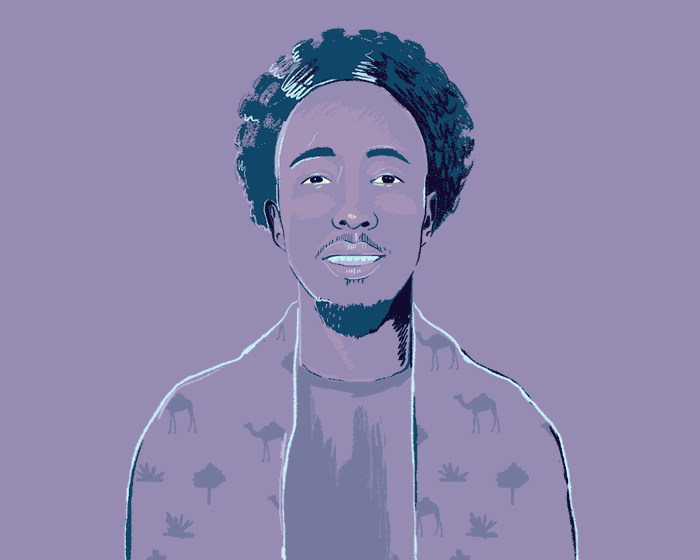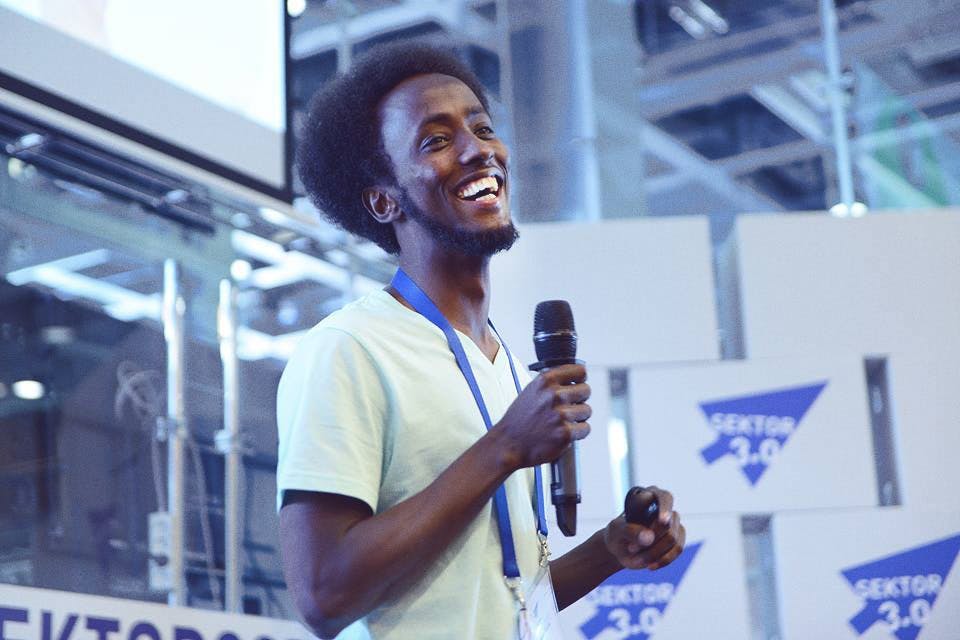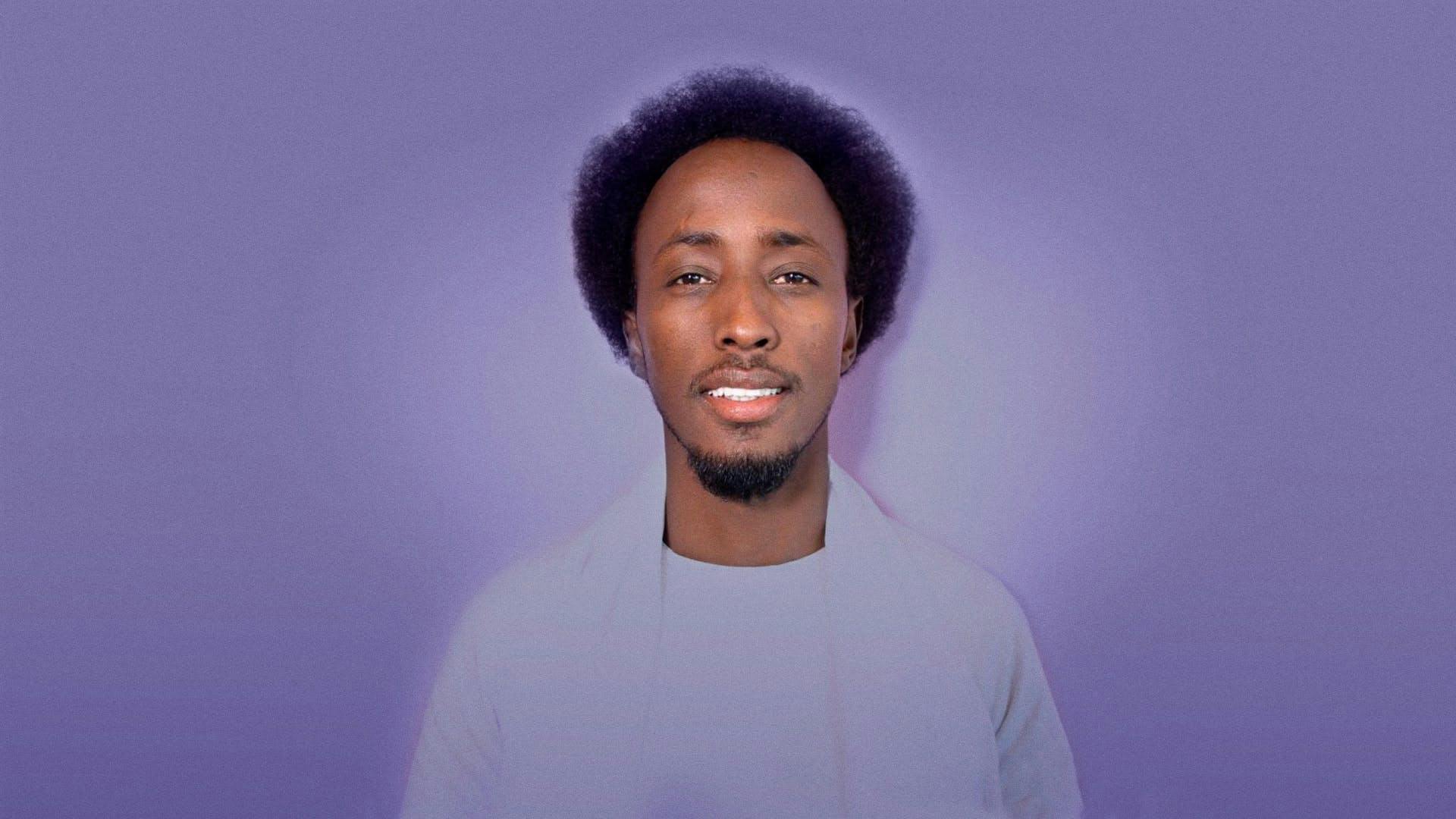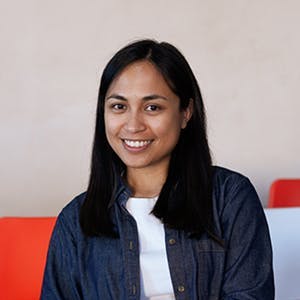"Startups should focus on a mission that’s bigger than profit": Meet the founder of Agrikaab
ohamed Jimale had no clue he was tackling a few of the UN’s Global Goals when he launched Agrikaab. He simply wanted to help people with his startup, and he thinks the world could do with more entrepreneurs with the same mindset.

"I just wanted to help people I care about in a location I care about," says founder of Agrikaab, Mohamed Jimale. When Mohamed saw his relatives suffering from famine in his native Somalia a few years ago, he wondered how he could make a difference from abroad.
Having grown up as a nomad in Somalia, Mohamed explored a career in IT in India before working for the UN Refugee Agency and pursuing entrepreneurial endeavors in Sweden.
In 2016, Mohamed launched Agrikaab (formerly Ari.farm) in Stockholm. The startup enables anyone across the globe to invest in farming projects and livestock in East Africa via an app.
I don't call myself a social entrepreneur because of the connotation it comes with.
In spite of Agrikaab’s mission to create jobs and strengthen local agriculture, Mohamed doesn’t consider himself a social entrepreneur. He explains that he hadn’t even heard of the UN’s Sustainable Development Goals (SDGs) prior to launching Agrikaab.
“I saw a problem that I wanted to address and it happened to be a problem that the SDGs address too,” he says. In 2017, he gave a TED Talk in Stockholm about creating social change through tech and has since been featured in various European and African media outlets.
From advice for founders keen on launching purposeful businesses to what it was like starting up as a black man in Sweden, Mohamed sat down and shared his thoughts with us recently on one of his frequent visits to Berlin.
How important would you say impact entrepreneurship is nowadays?
It doesn't make sense anymore to start a business without having a mission bigger than just making money. From day one, entrepreneurs should be focusing on a bigger mission and choosing their ideas based on that.
Do you think startups are doing a good job of that?
I've actually seen more in that direction. In Sweden, there's a big innovation space called Norrsken that only focuses on impact startups. The thing is anyone can just say that they want to change the world. But it’s hard to measure who's actually doing that.

How can this be improved?
It's a matter of geographics. Here in Europe, people are exploring a lot of trivial ideas which aren't worth the time and money. In other parts of the world where there are real problems, startups are popping up to address them. In Africa, for instance, this is the natural course.
How well are founders in Berlin addressing the SDGs?
I've been to a lot of events and I don’t get the impression people are interested in the SDGs. I'm a bit disappointed that the startups here aren’t focusing on the places in the world that really need the help.
[ Read also: Why you should care about ethical social innovation and how it can be tackled ]
Unlike in developing countries, here, the quality of life is already great in most cases. The consequence of that is if you start a company here, the SDGs might not be your focus.
I actually think Sweden is doing better, comparatively. Since they’re such a small country and don’t have a big market, their startups from day one think internationally. And if you want to go global, you have to address bigger problems.
What tips do you have for startups that are interested in launching purposeful businesses but don't know where to begin?
That's actually what's holding most people back. If you want to address a problem that's mainly happening in Africa, you need to have perspective on that local issue, and you can't really get it just by googling.
You have to fall in love with the problem. This means you have to go to where the problem is happening and get first-hand experience of it. You can't just build things and hope that it'll solve a problem in a remote location that you don't understand.
Founders should be focusing on the world's most pressing problems... but it also comes down to what you really care about.
If you want to address poverty, for example, you could address it here and still make a difference. But if you want to tackle it on a bigger scale, it might make sense to see the problem for yourself in poor countries.
And if you happen to come up with a great idea here, but your aim is, say, the African market, you still need to have local perspective. You'll need contacts and partners there who can help you understand the area and build trust among locals.

Are there any SDGs you think founders should be prioritizing?
Some of the 17 SDGs address issues which are more pressing than others. Goal 9: Infrastructure and Industrialization, for instance, is not as crucial as addressing hunger or the lack of clean water. These are the extreme problems I think founders should be focusing on.
But it also comes down to what you really care about. Maybe you care about democracy. There are problems in that area too. Think about what you care about, where you have connections and the knowledge you can bring to your idea.
What was it like launching a company in Stockholm?
Very easy. It's all digital. After you fill out a form and pay online, your company is registered in 1-2 days. You don't need lawyers. It’s straightforward and I liked it a lot.
But since Agrikaab’s operations are in Africa, I decided to move our base. While we initially launched in Stockholm, we’re now based in Kenya and Somalia. But since we have an online platform, we're global.
Nowadays founders are free to choose wherever they want to register their company, even if they don’t live there. It's never been easier to start a business.
It’s a known fact that startup ecosystems across the globe lack diversity. What has your experience been like as an entrepreneur of color?
I’ve never considered how I look or my background to be an obstacle. But I know it's affected me negatively on a few occasions.
There was a Swedish investor who wanted to invest in my company that told me if my name wasn’t Mohamed, it would’ve made things easier. I'm pretty sure he was right.
It helps to be different because people remember you... there are some advantages to being a minority.
My name and the fact I come from Somalia clouded the judgment of people at Swedish banks and their views on my business idea. I’m pretty sure if I had been a blond, Swedish man named Eriksson I wouldn’t have had the same experience.
But my background has also been beneficial. For example, last year I got an invitation from Google to attend this event called Almedalen. Each year all the Swedish elites and politicians gather there. It’s where all the deals are made.
I’d never thought of going there as I didn’t have the money or the connections. But Google said they were looking for different types of people to bring to Almedalen. They invited me just because I was different and wanted to bring diversity to the event.
Oftentimes when I’m invited to speak at events, I stand out. But it helps to be different because people remember you. Although being a minority mostly comes with disadvantages, there are some advantages.
What do you foresee for the future of impact entrepreneurship?
One thing that needs to change has to do with investors. Investors don't take social enterprises seriously because they don’t think there's money in them.
I don't call myself a social entrepreneur since it has the connotation that you’re one of the little guys that don't make money. I want people to take us seriously, just like they take Uber or Airbnb seriously, and I think we've achieved this.
Social founders need to change their mindset and how they speak about their company. What can they offer the consumer or the investor that’s valuable? Once they figure this out, they’ll be able to show they’re a serious business which just so happens to be impactful.

